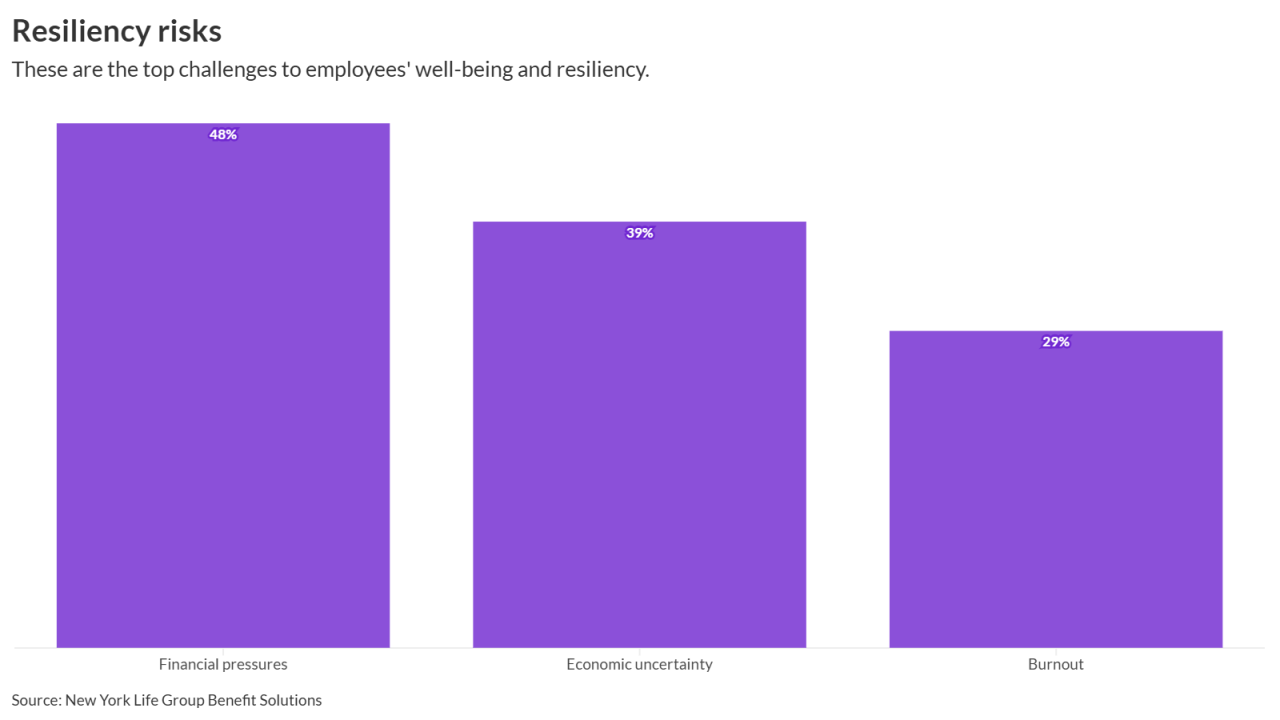When one of your employees calls your employee assistance program and needs help, you want to feel confident that he or she will be treated right. Calling an EAP and asking for assistance can be a difficult step for employees, and you want to make sure that they trust that they'll receive quality assistance at a difficult point in their lives.
There are many different types of employee assistance programs and providers. An EAP can be offered as an add-on to life and disability insurance, integrated with your health insurance or wellness provider, or as a standalone plan from a company that specializes in employee assistance programs. As each provider is different, it can be hard to compare them side by side on a spreadsheet. Here are 12 questions to ask prospective providers when selecting an EAP:
If your life and disability carrier includes an EAP with its products, you may be able to get a free (but limited) EAP along with your life and disability products. It's a good idea to explore this option, but ask questions such as:
1. What type of training or degree do the people taking my employees' calls have?
2. Do intake personnel work for the EAP provider or are they outsourced?
3. Are counselors available 24/7?
4. What type of assistance is available if we have a critical incident?
5. Does the provider offer counseling and referrals only, or also manager training on how to spot an employee in crisis? Is such training included in the package or can we pay for them as needed?
6. Does the provider offer employees access to a health advocate?
7. Will we have a dedicated account representative whom we can call with questions?
8. Does the EAP provide reporting on a regular basis? Regular reporting allows HR/benefit professionals to look for trends in calls and add training or wellness programming based on those trends.
9. Does the EAP have a local presence and/or participate in benefit fairs? It may be important to some companies to have a smaller EAP that is locally known rather than encouraging employees to contact an organization they are not familiar with.
10. Does the EAP have other clients in your industry? It may be valuable to have an EAP that knows about the particular stresses that affect employees in your industry. Also, if your employees work shifts, nights or weekends, they'll need an EAP that's available beyond regular business hours. It's important to find out if a prospective EAP has the capability to handle different types of employers.
11. Does the EAP offer wellness seminars? EAPs can be a great resource to promote the stress management and work/life balance aspects of your wellness programs. Some strong EAP providers have large wellness databases and access to seminars that could greatly enhance your wellness program.
12. How can the provider assist us in communicating benefits to employees? If employees get used to contacting the EAP for referrals for financial and legal problems, or child care, and have a good experience, they may feel more comfortable contacting them at a more difficult time in their lives.
Colleen Grady, CEBS, CWWS, is a senior consultant with Longfellow Benefits, a Boston-based employee benefits consulting firm. She can be reached at




